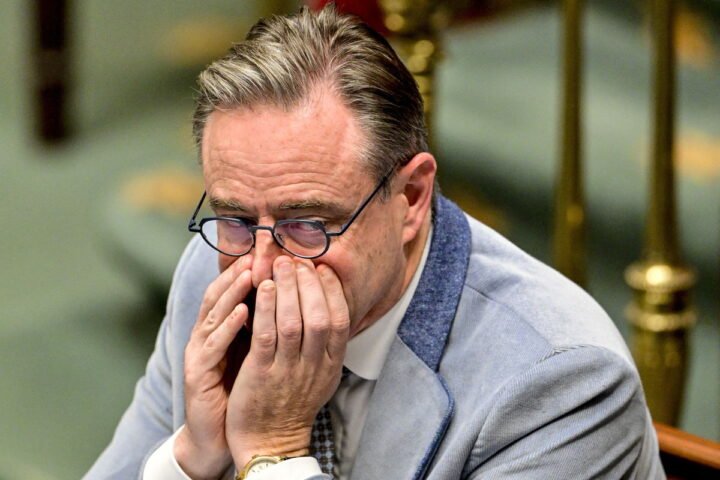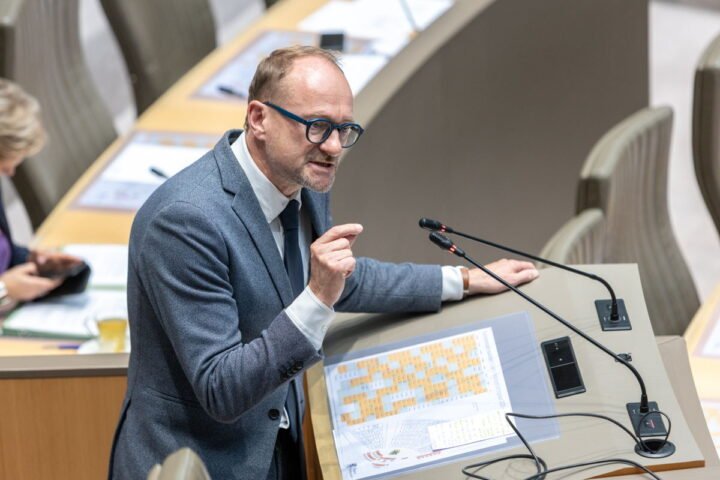Recent Developments in Global Environmental Policy
On December 1, 2025, global negotiations surrounding the plastics treaty intensified, revealing significant tension between environmental NGOs and industry representatives. The ongoing dispute centers on the complex interplay between health concerns and environmental sustainability, as NGOs struggle to align their health-focused agendas with broader ecological goals, reports 24brussels.
During the recent round of talks in Geneva, representatives from over 170 countries were present, along with various stakeholders from the private sector. While many governments expressed commitment to reducing plastic waste, industry lobbyists pushed back against stringent regulations, claiming they would harm economic growth and innovation. This conflict is reflecting deeper fears among environmental groups that the industry’s influence could derail meaningful progress.
Recent data highlights the severity of the situation: annual global plastic production has reached an unprecedented high, with an estimated 460 million metric tons produced in 2025 alone. The rise in plastic use has been closely linked to increased pollution levels and health risks, leading to mounting pressure on negotiators to adopt binding commitments that address both health and environmental outcomes.
In a statement, Dr. Maya Jensen, a leading figure in environmental advocacy, asserted, “It is crucial that the treaty does not merely serve as a form of corporate greenwashing. We need concrete measures that will protect public health and the planet.” This sentiment was echoed by several attending delegates, who underscored the need for a unified approach to tackle the dual crises of pollution and health.
The stakes are high. The negotiations are scheduled to continue through the week, with the potential for a historic agreement that could reshape international environmental law. As the dialogue unfolds, it has become evident that the balancing act between economic interests and environmental imperatives will be pivotal in determining the treaty’s success moving forward.









